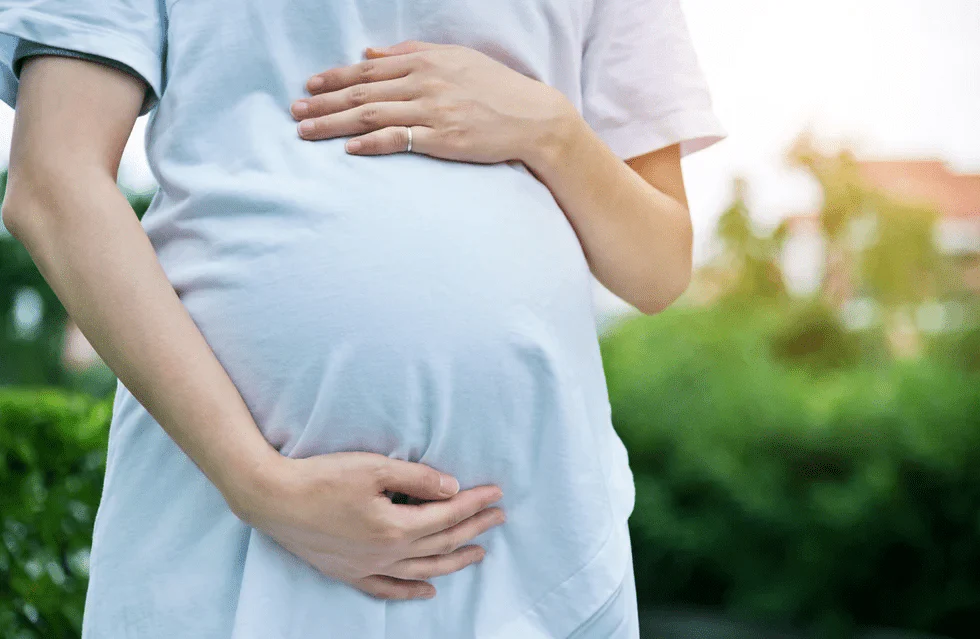As cannabis becomes increasingly legalized and accessible across the United States, there are growing concerns among healthcare providers regarding its effects on children. Recent research from Nationwide Children’s Hospital has highlighted the potential negative impacts of prenatal cannabis exposure on children’s development. Published in JAMA Pediatrics, the study indicates that exposure to cannabis before birth is associated with impaired cognitive functions and behavioral issues in early childhood. These findings are significant as they suggest that prenatal cannabis use may hinder critical skills necessary for children’s academic performance and social interactions.
Dr. Sarah Keim, the principal investigator of the study, emphasizes that despite cannabis being a natural substance, its use during pregnancy carries inherent risks. Many pregnant women may consider using cannabis to alleviate common pregnancy symptoms such as nausea, sleep disturbances, and stress, but this is not advisable. Instead, Dr. Keim advocates for consultation with healthcare providers to explore safer alternatives. The study reinforces the importance of addressing cannabis use among expectant mothers and raises awareness about the potential consequences on their children’s health.

The research involved assessing a diverse cohort of women and their preschool-aged children, utilizing various evaluation methods. Parents provided information about their children’s typical behaviors, while researchers measured skills related to impulse control, attention, problem-solving, and emotional regulation. The results revealed that children exposed to cannabis during pregnancy exhibited greater difficulties with impulse control and attention, along with increased aggression in controlled environments. This evidence aligns with earlier studies, confirming longstanding concerns about the effects of prenatal cannabis exposure.
Conducted from 2016 to 2020, the cohort study included 355 women who intended to deliver at Ohio State University Wexner Medical Center, with 250 children participating at age five. The study examined prenatal cannabis exposure through urine toxicology, maternal self-reporting, and obstetric records. Among the children studied, approximately 32% were exposed to cannabis, and other substance use during pregnancy was also prevalent, particularly tobacco and alcohol. The cohort predominantly consisted of Black or African American families, many of whom faced socioeconomic challenges.
The findings revealed that children exposed to cannabis scored lower in attention and inhibitory control, with significant differences in executive functioning relevant to academic success. While caregiver assessments showed no differences based on exposure status, laboratory evaluations indicated that prenatal cannabis exposure negatively impacted children’s ability to plan tasks and manage aggression. These results underscore the need for ongoing discussions about cannabis use during pregnancy and suggest that healthcare recommendations may need to be refined to better protect maternal and child health.
